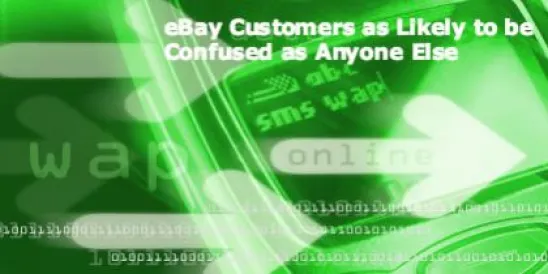Finding that eBay buyers are just as likely to be confused as any other consumer, the U.S. Court of Appeals for the First Circuit upheld summary judgment in favor of Bose finding defendant’s unauthorized sale of gray market Bose products to be trademark infringement. Bose Corp. v. Ejaz, Case No. 12-2403 (1st Cir., Oct. 4, 2013) (Lynch, J.).
As early as 2005 Salman Ejaz began selling Bose products through eBay. He was not an authorized reseller or distributor for the products, rather he wanted to take advantage of the fact that the price of electronics vary significantly between countries making significant profits possible if one games the system. Products sold outside the country they are intended for are known as “gray market goods.” Gray market goods are legitimate and unaltered products of the claimed manufacturer sold outside their intended retail markets. Throughout 2005 and 2006 Ejaz sold Bose products designed for the United States to customers in Europe. Bose threatened Ejaz with trademark infringement and the parties ultimately settled as part of the settlement Ejaz agreed to a $50,000 liquidated damages provision for every violation of the settlement agreement. Promptly after signing the settlement agreement, Ejaz violated it and began selling United States Bose products in Australia. Bose sued for trademark infringement and violation of the settlement agreement. After discovery Bose was granted summary judgment on both claims.To prove trademark infringement, plaintiff must demonstrate the trademarks are “entitled to trademark protection;” and “the allegedly infringing use is likely to cause consumer confusion.” There was no dispute over the first element and the fight centered on whether eBay customers were actually confused by the gray market Bose products. Ejaz argued that there was a genuine issue of material fact over whether his sales over eBay were likely to cause consumer confusion, claiming that any differences between the products suitable for the United States and those suitable for Australia were trivial and his customers on eBay would have been aware of the differences before making their purchases.
The 1st Circuit noted that in a gray market goods case “a material difference between goods simultaneously sold in the same market under the same name creates a presumption of consumer confusion as a matter of law.” The court agreed with Bose that there were material differences between the United States and Australia products, including region coding, power requirements, remote control capabilities, warranty duration and the design/functionality of the radio tuners. Ejaz’ efforts to minimize the material differences by asserting that his actual eBay consumers were not in fact confused “misse[d] the mark.” The court held the law required “only that the infringement is likely to cause consumer confusion, not that it actually does so.” The fact that eBay customers were bargain hunters who knew they exchanged significant cost savings for some product differences did not mean they were unlikely to be confused by Ejaz’ selling of gray market Bose products.
Bose Corp. v. Ejaz




 />i
/>i

